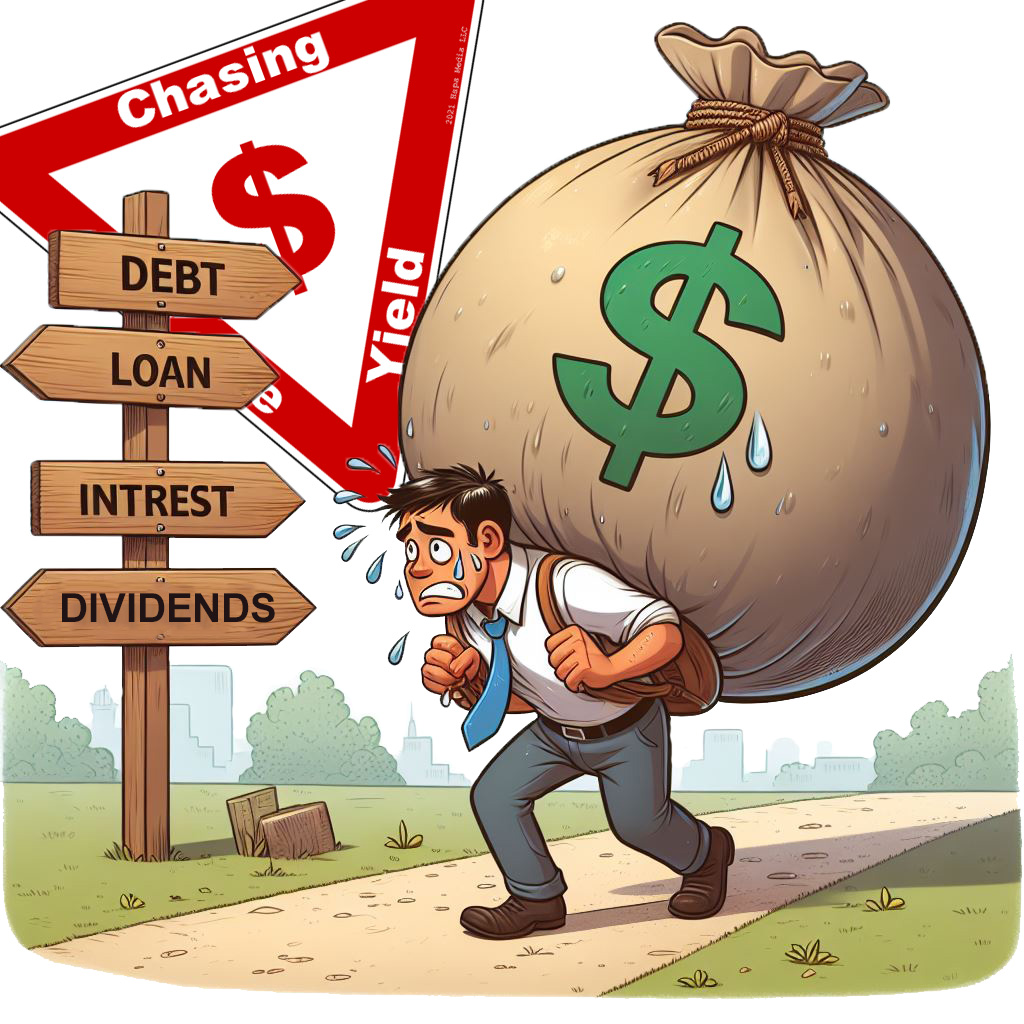Some who practice dividend investing and/or investing for income will look down on people who don’t have a home mortgage. They may have the view the money would be better used to invest in other vehicles with potentially higher returns, portfolio diversification, tax benefits of deducting the interest, or other perfectly valid options. But this doesn’t fit every person for a variety of reasons.
I’ve always viewed debt on personal assets, especially your home, as a negative. Debt on assets that only devalue over time like cars, boats, and other large ticket items are nothing more than expenses in your personal budget. Debt on real estate is a bit different. Let’s not forget that real estate, in general, is not a devaluing asset. It appreciates in value over time and while not a traditional investment (because home ownership comes with a lot of expenses) it can be one of the most stable forms of value storage.
If you had no debt on that real estate it’s hard to argue with the value of that capital gain. If you had a 30 year mortgage, at the average rate of 5.84% in 2004 and paid it off in 20 years the total value of your loan would be about $210,000. This reduces your gain to only $49,000 from $139,000. Granted, this is a simplistic way of looking at it. Some of us though, are looking for a simpler way of living and living with debt makes life more complicated.
Debt comes with baggage. Every month, a portion of your hard-earned income gets siphoned off towards those repayments, potentially leaving you strapped for essentials, let alone unexpected expenses. Imagine an emergency car repair or medical bill piling on top of your existing debt; it can quickly spiral into a stressful financial burden.
Debt ties you down. Large loan repayments limit your ability to save for future goals, like retirement or your child’s education. It can also restrict your freedom to pursue career opportunities or take financial risks, like starting your own business.
Missed payments or high interest rates can quickly snowball your debt, making it even harder to dig out. This can lead to a vicious cycle of borrowing to cover existing debt, trapping you in a financial nightmare.
When you finance a personal asset, like a house, car or boat, you don’t fully own it until the debt is paid off. This means the creditor can foreclose or repossess the asset if you miss payments, leaving you without the asset and possibly still burdened with the debt. Furthermore, the longer you carry the debt, the more interest you pay, essentially increasing the total cost of the asset.
Debt can be a constant source of stress and anxiety. The pressure to keep up with repayments can negatively affect your mental and emotional well-being.
Before diving into debt, explore other avenues. Prioritize your needs over wants, and focus on building a solid financial foundation before indulging in luxuries. If borrowing is unavoidable, be smart about it. Choose loans with the best interest rates you can find and manageable repayment terms. Ensure you have a steady income and emergency fund to handle unforeseen circumstances. Never borrow more than you can comfortably afford to repay.
Remember, debt is a tool. Use it cautiously, prioritize financial stability, and always consider the long-term consequences before taking the plunge.

